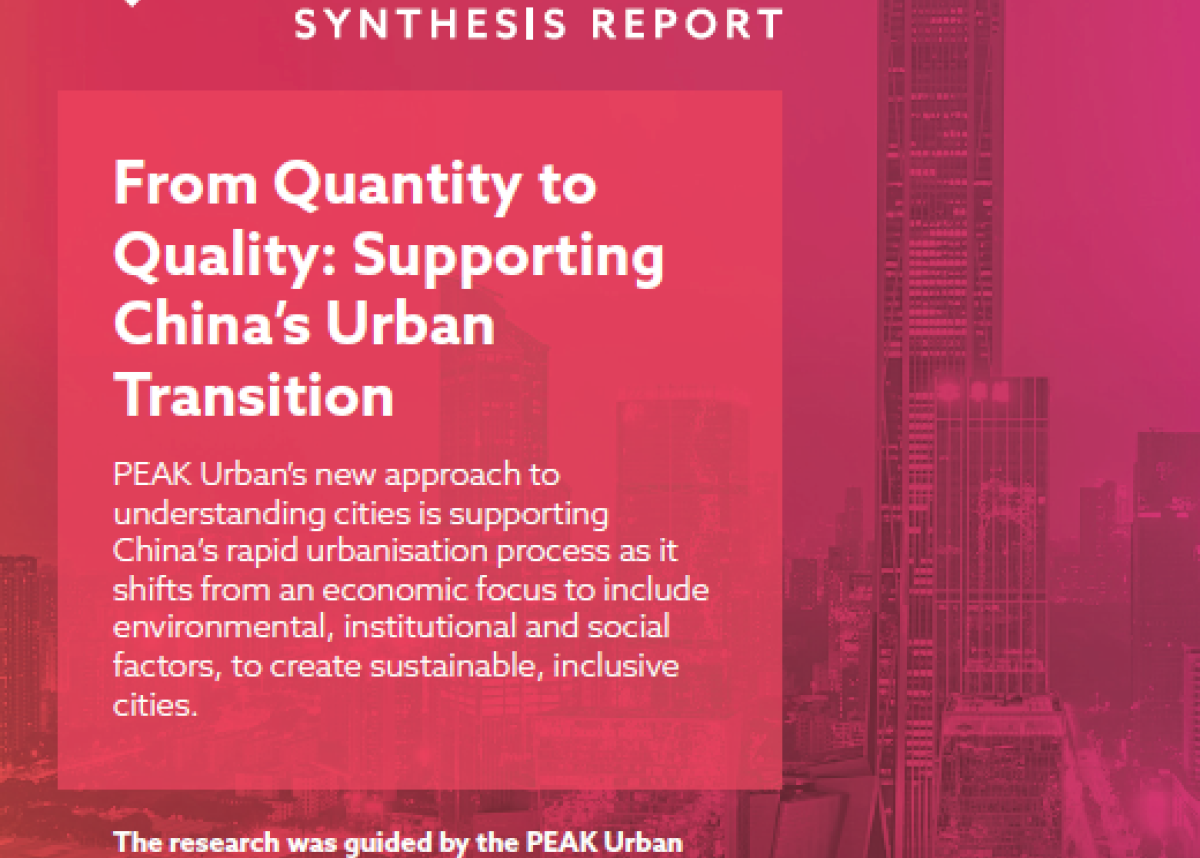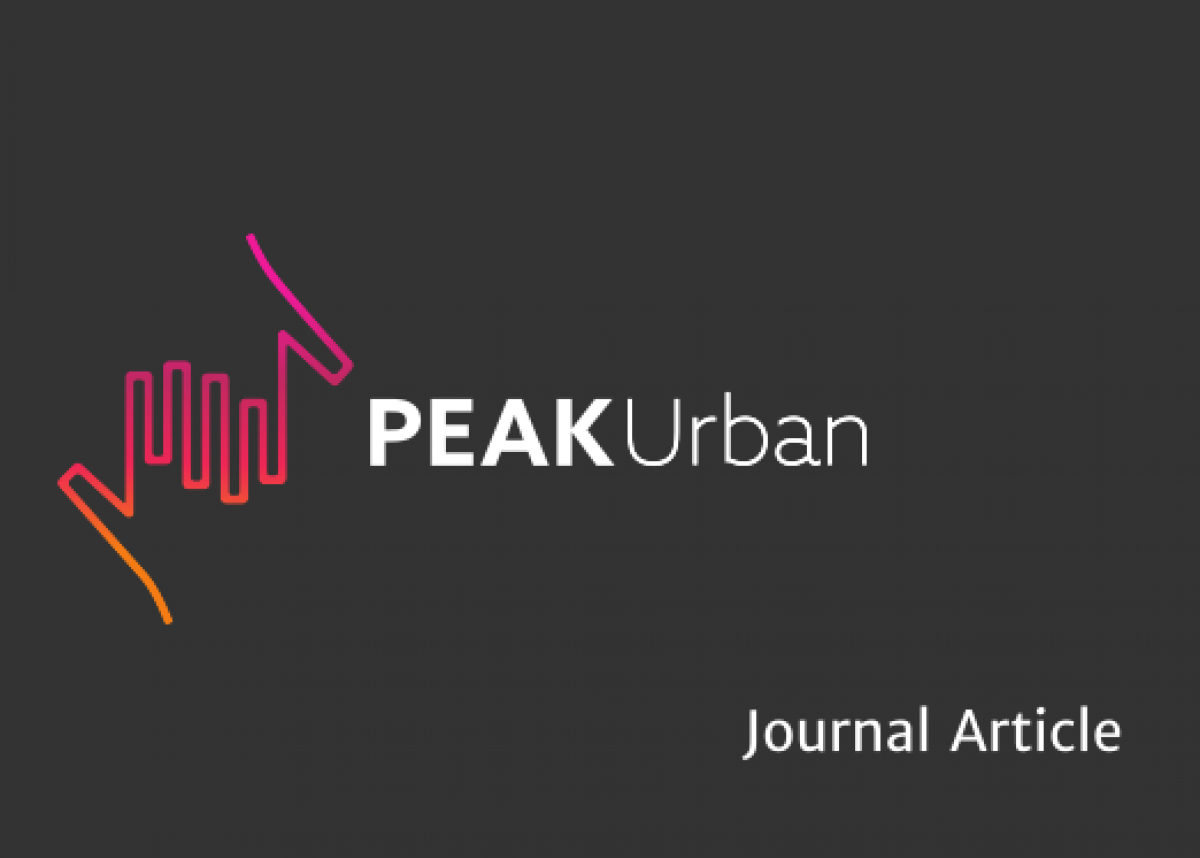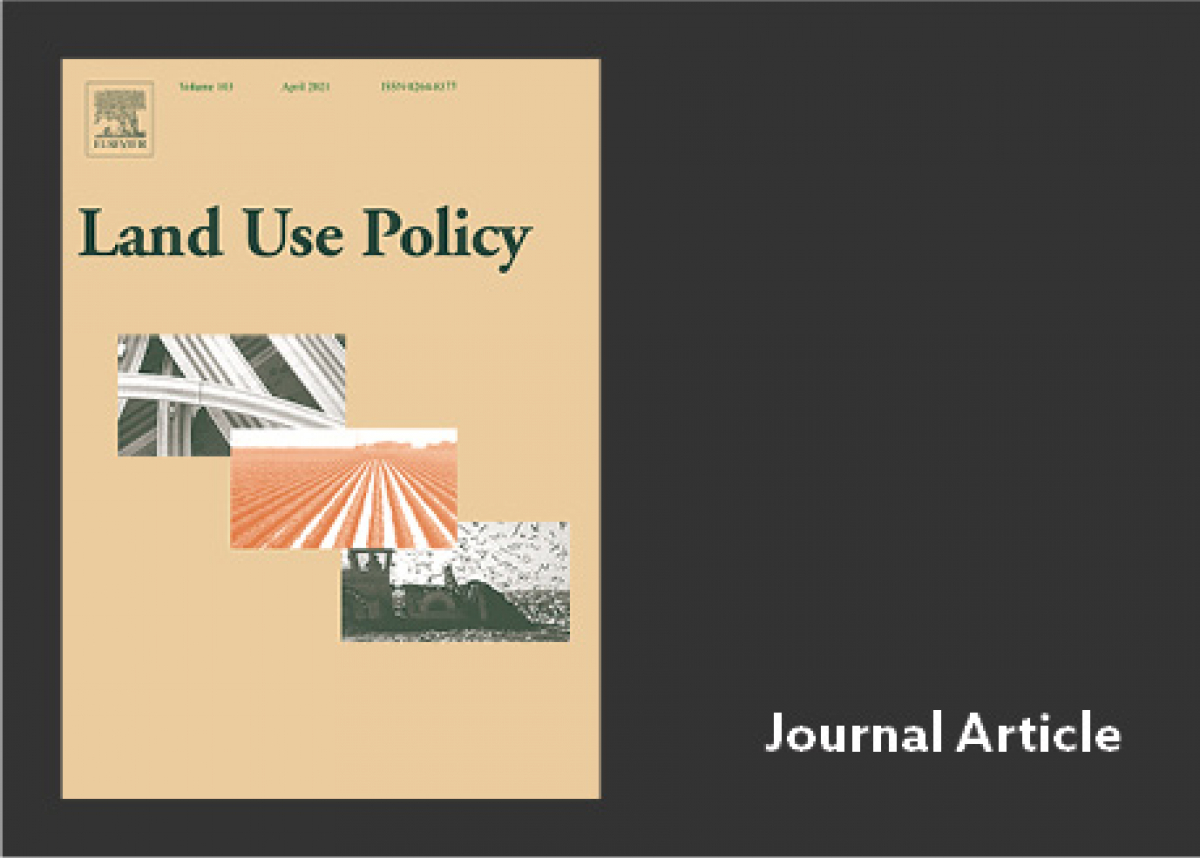
Rural poverty and mobility in China: A national-level survey
Enhancing mobility for the rural poor is believed to be a vital component of poverty reduction policy in many countries. However, the relationship between poverty and mobility in rural areas is still arguable.
This paper aims to provide new evidence by exploring rural residents' mobility in China, using nationwide survey data with 15,388 respondents from rural areas. The results of the analysis show the mobility of the poverty group is notably lower than medium-income and wealthy groups in rural China.
The low level of mobility among the poorest group in both rural townships and farm villages is mainly affected by fewer travel demands for living and jobs in higher-order centres, low car ownership, unemployment and regional remoteness. In particular, for poor farm villagers, their mobility is limited by the availability of cars and public transport services. Higher mobility is significantly related to an increase in income for wealthy people living in townships. But for the poor, higher mobility would not guarantee a higher income. Other socioeconomic factors for example low labour skills and a lack of education have stronger relationship with their poverty. Transport policies designed to alleviate poverty in rural areas should be integrated with other policies such as education and labour training to be more successful.
The findings and conclusion in this paper enhance our existing knowledge of the relationships between rural poverty and mobility and add value to both transport and poverty-reduction policies.
Pengjun Zhao, Zhao Yu, Rural poverty and mobility in China: A national-level survey,
Journal of Transport Geography, Volume 93, 2021, 103083, ISSN 0966-6923,
https://www.sciencedirect.com/science/article/pii/S0966692321001368?via%3Dihub







